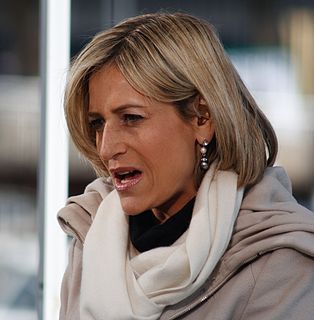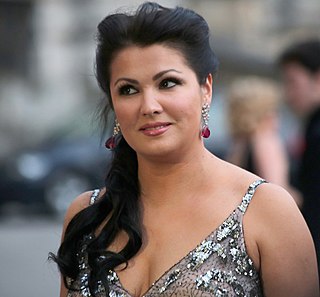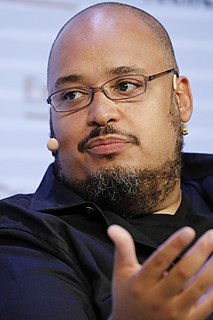A Quote by Emily Maitlis
I'm not sure I buy the argument that the public is more mistrustful - the debate will always garner that kind of traction because anything the BBC does is always in the spotlight.
Related Quotes
I've always been and will always be very private about my personal life. If anything ever goes public, it is by default, because I happened to be in a place where I was being watched. But for the most part, I honestly don't care what people think. I never have. If I did, I'd probably present myself a little more carefully.
Ultimately, the current argument is "not having net neutrality will hurt innovation," and you can make that argument, but I would rather make the public good argument, which is not just about innovation or nurturing new companies that will add to the nation's GDP, it's actually about creating a democratic public sphere.
The DEFENSE of anything is UNTENABLE. The only way to defend anything is to ATTACK, and if you ever forget that, then you will lose every battle you are ever engaged in, whether it is in terms of personal conversation, public debate, or a court of law. NEVER BE INTERESTED IN CHARGES. DO, yourself, much MORE CHARGING, and you will WIN.
I'm just interested in women's friendships generally. It always seems to me, and this is just my pet theory, that women are kind of at the sharp end of capitalism one way or another. Mainly because they buy everything. In a practical sense, women buy most things. They're always comparing - to friends, to famous people, to other people. An obsessive act of comparison.
































